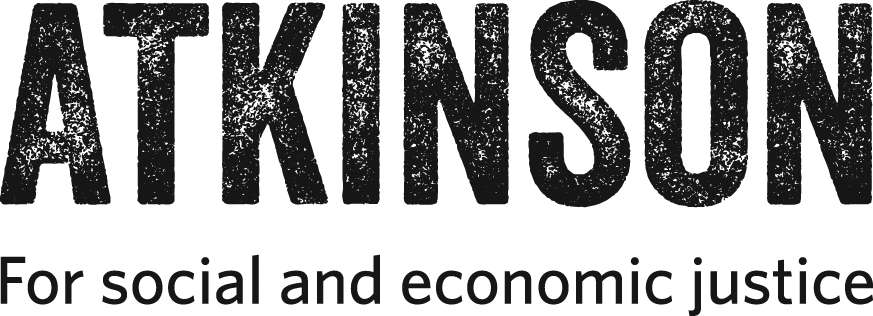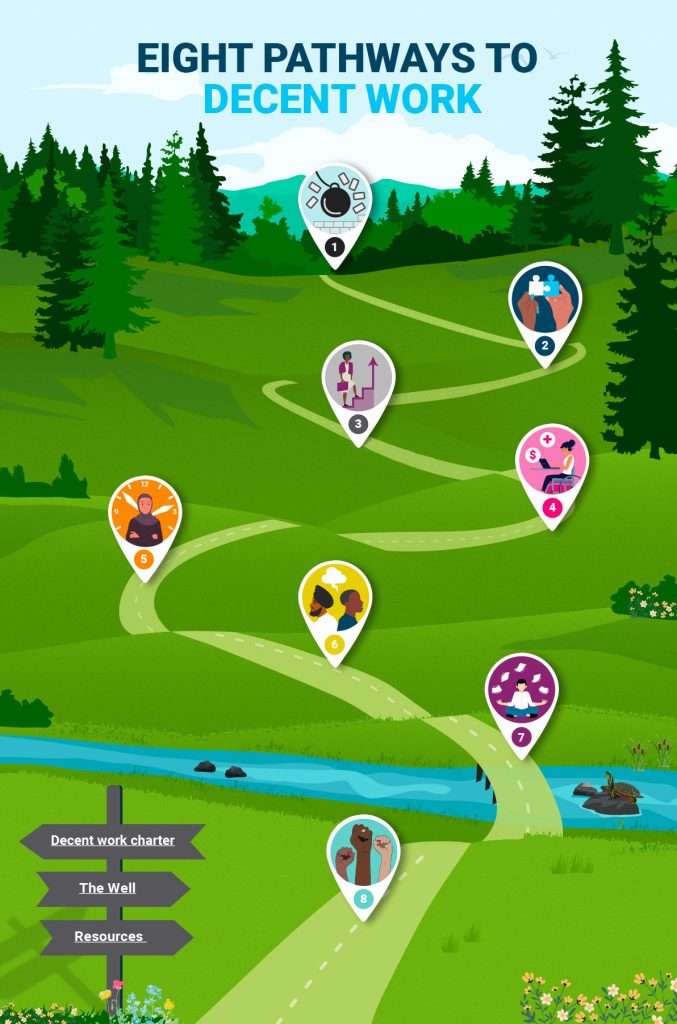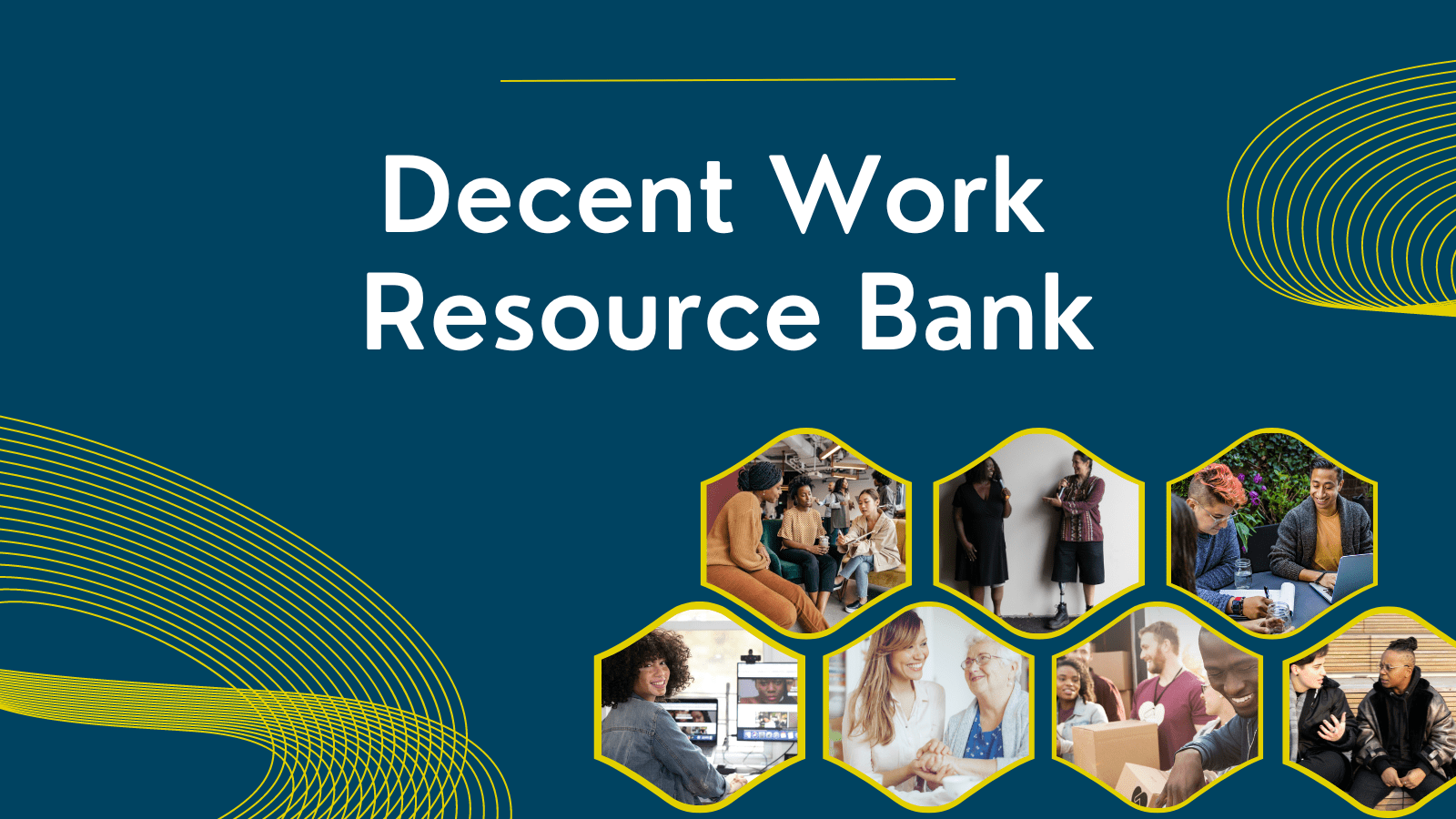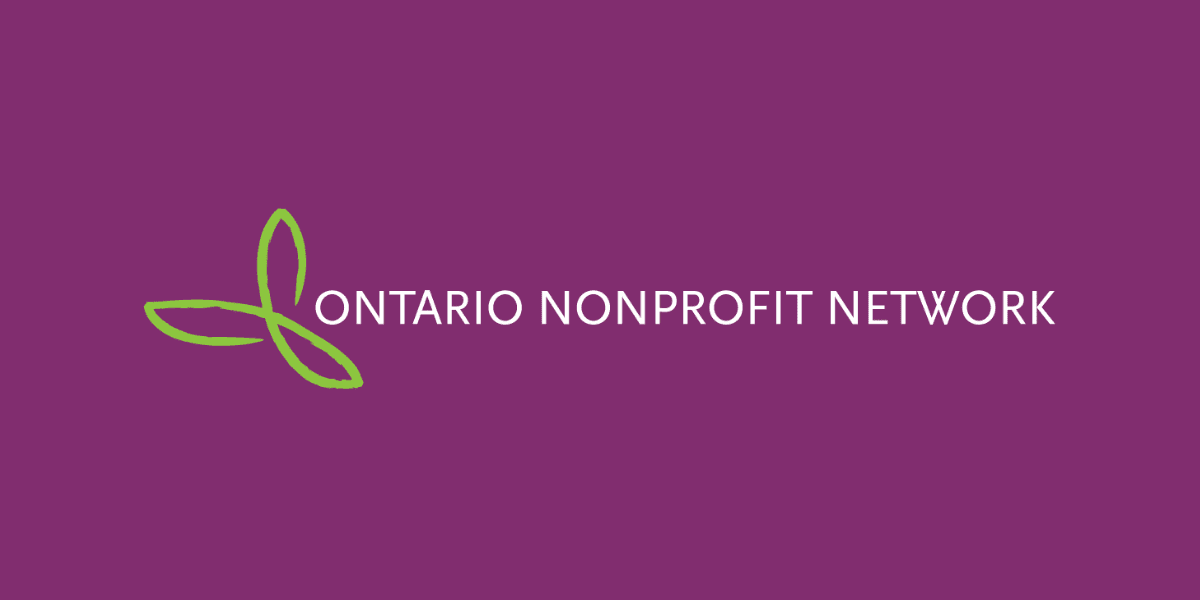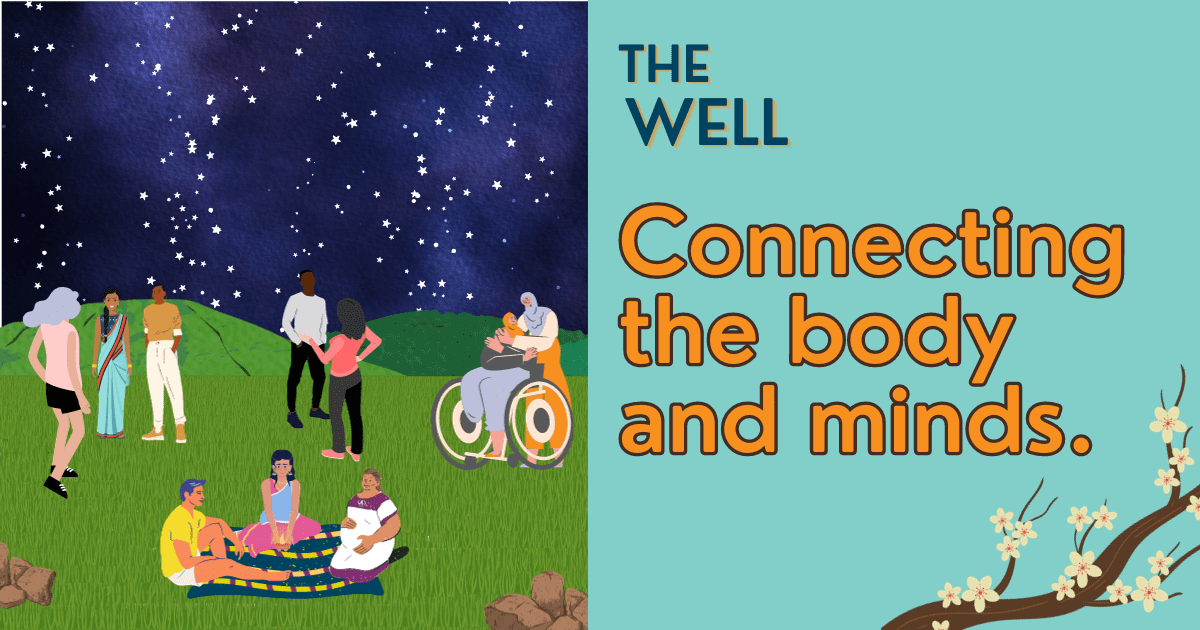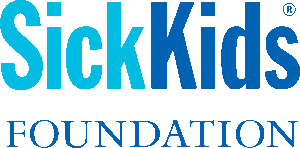Decent Work Phase Four
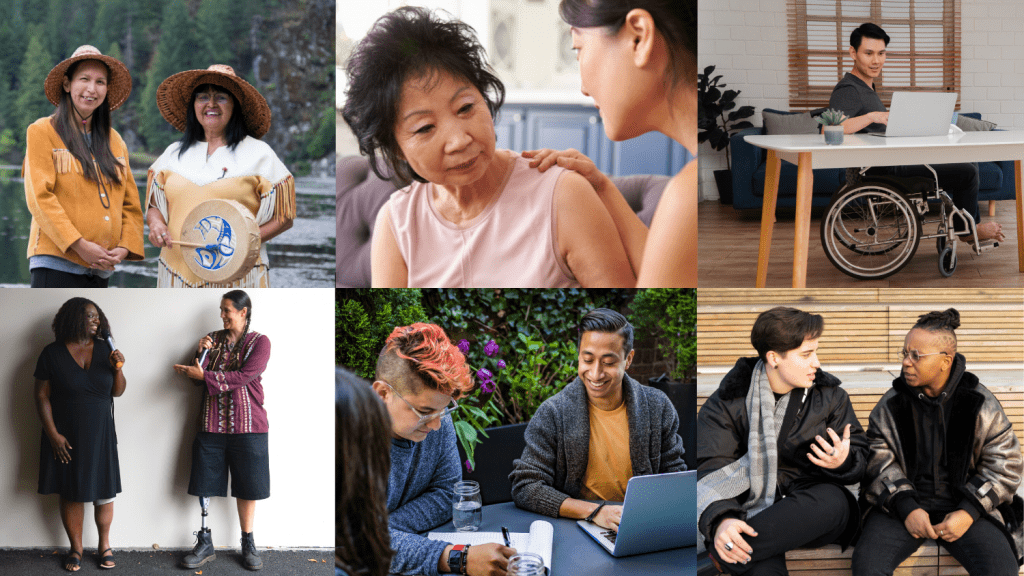
ONN’s work, and the work of our network, take place on traditional Indigenous territories all around Ontario. The ONN office is located on the traditional territory of the Wendat, the Haudenosaunee, and the Mississaugas of the Credit.
The impacts of colonization and white supremacy can be felt, heard and seen within every industry such as education, health, social service, justice systems and more. As settler-led nonprofit organizations, it’s particularly important for us to name the active role we play in perpetuating colonization and white supremacy through historical, and current, policies and practices. We cannot stay silent.
We are deeply grateful to The Circle through their teachings within Art of Reciprocity on the ways that settler nonprofits can engage in practices of reconciliation and reciprocity. Our work on this project has been deeply influenced by those teachings alongside many of our Indigenous partners.
Context setting
Racism and colonialism have an impact on decent work practices and working conditions and we must act now to change the systemic and organizational realities to better support Black, Indigenous and racialized workers in the nonprofit sector.
The summer of 2020 propelled many nonprofit organizations to reckon with anti-Black racism with the heightened awareness of police brutality and historical state violence. Almost a year later, 215 Indigenous children’s bodies were found in a residential school in Kamloops, the community of Tk’emlúps te Secwépemc.
It became imperative for the nonprofit sector to recognize that the sector is built on and benefits from settler colonialism, white supremacy and systemic racism. For many settler led organizations, it didn’t take long before they realized that external communications would only be appropriate once internal structures of racism and oppression had been examined.
Although the journey for some nonprofits may have begun in 2020, many organizations across the nonprofit sector have sought to address the injustices faced by these communities for decades. And that’s because the issues faced by Black, Indigenous and racialized communities are not new.
Decent work is a prism to look at some of the internal questions that organizations have in terms of creating equitable working conditions for nonprofit workers. In 2017, through ONN’s exploration of decent work for women in the nonprofit sector, themes of racial justice, Truth and Reconciliation and intersectionality emerged. The need to deepen our understanding of how racial justice, supporting Indigenous sovereignty and decent work intersect would lead to the fourth phase of the project.
This phase had a specific focus on Indigenous, Black and racialized workers in the nonprofit sector and builds upon the existing work of past phases. In this phase, ONN aimed to support organizations and individuals within the Ontario nonprofit sector across Turtle Island to advance racial justice, and Indigenous sovereignty, while also fostering the conditions for systemic change.
Decent Work movement building
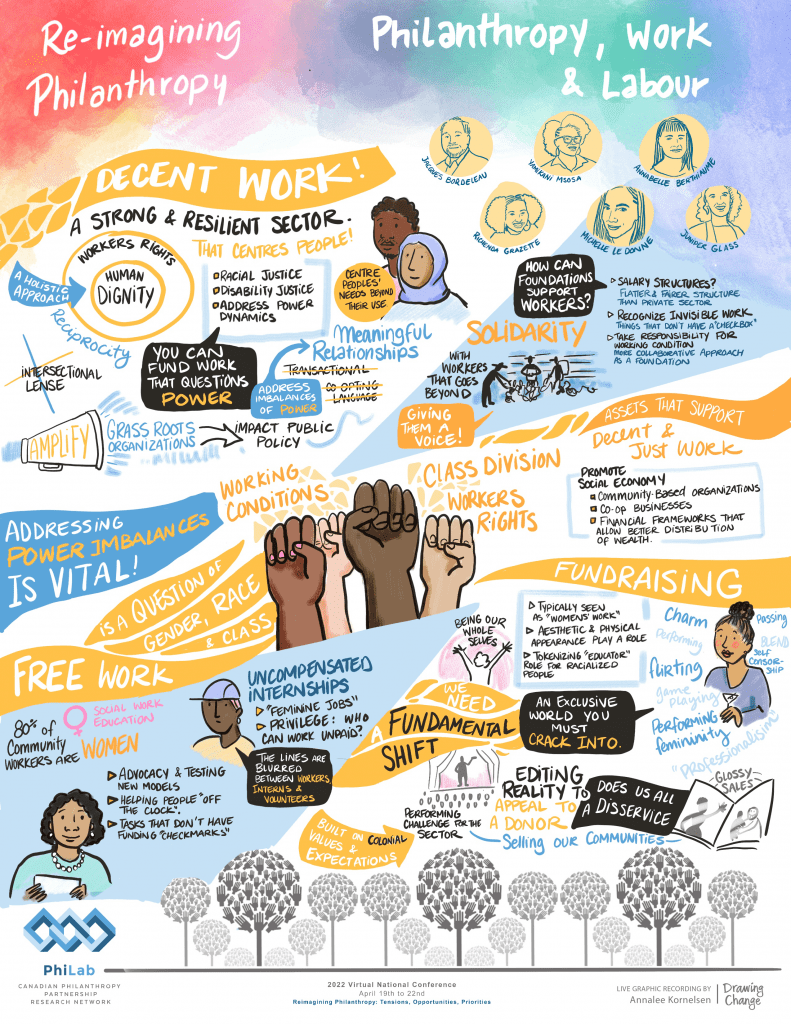
Early learnings of the project uncovered that many organizations are searching for tools and resources to support their work to embed decent work in their organizations. In the last two years, nonprofits have committed to actualizing efforts of inclusion, racial justice and decolonial practice within policy reform, hiring and/or training of staffing. The focus on racial justice and decolonization has often centered on increasing internal capacity within organizations.
Through an early scan of the sector, it has become increasingly clear that a monolithic, sector-wide approach to addressing racial justice and Indigenous sovereignty will not work. The sector is vast and diverse, and addresses equity in different ways, such as decolonization; diversity and inclusion; anti-oppression frameworks and practices, etc. Organizations and leaders across the sector find themselves on a spectrum of advancing decent work – some have chosen to focus on internal capacity building and HR practices, while others have focused on more systemic issues such as funding or public policy advocacy.
After completing an environmental scan of the sector, including hosting conversations with sector leaders on decent work, some of which are captured in Digging in with ONN, the following four themes emerged as points of tension in advancing decent work and racial justice:
- The need to (re)define decent work using an intersectional, anti-racist, anti-colonial framework.
- Tools to support the implementation of decent work human resource practices.
- Education and resources to support knowledge around racial justice and Indigenous sovereignty and connections to decent work.
- Addressing the systemic factors contributing to systemic racism and colonial practices rooted in accountability.
Now available: Pathways to Decent Work
Beyond a checklist, pathways to decent work can help make equity a reality. Organizations in the nonprofits sector (and beyond) can use the pathways as a starting point for implementing decent work practices.
An important reminder: there is no right or wrong way to begin. Many organizations will first need to consider how, and where to start.
If you are newer to this work, we encourage you to start by reviewing the decent work charter, and exploring what decent work means in your current context.
Decent Work: Project scope
The Partnership Table identified the following “actions” that would be included within the project scope:
Decent Work education and capacity building
For years Indigenous, Black, and racialized communities have identified and called for accountability on how white supremacy and colonization have roots within our sector and influence norms and practices.
In all aspects of the project, we will:
- Center the voices and amplify lessons, practices and teachings from Black, Indigenous and racialized workers through knowledge mobilization, including but not limited to, training, teach-ins, conversations, art, podcast recordings and more.
- Re-imagine leadership/human resources and strive to dismantle the reproduction of white/colonial patterns within the nonprofit sector.
Re(defining) Decent Work and indicators
In past iterations of the decent work movement, ONN, in collaboration with network partners, developed a charter and checklist to support the sector in identifying best practices. While racial justice cannot be confined to “best practices in a checklist,” we hope to create tools to support advancing racial justice and Indigenous sovereignty that can support the nonprofit sector.
As part of the project we aim to share with the sector:
- An updated decent work charter with an emphasis on Black, Indigenous and racialized workers and tools to support organizational practices.
- Decent work practices that speak to the unique needs of Black and Indigenous-led and serving nonprofit organizations and workers.
Understanding the landscape of Decent Work through data
Our project is rooted in core data equity principles, which include a commitment to advocating for more open and transparent data, and prioritizes methodologies of data collection, reporting and analysis that are designed to minimize harm to equity-deserving communities. Our goal is to make data more accessible to the sector.
Based on these principles, the project aims to:
- Model and showcase equitable data practices/projects that focus on decent work.
- Collaborate with sector leaders and organizations conducting research on decent work practices that advance Indigenous sovereignty and racial justice.
Making connections and building relationships
Relationships and collaboration are critical to advancing racial justice and practices of reciprocity that center Indigenous sovereignty. As part of the project, we hope to address the systemic gaps by connecting nonprofit organizations with the philanthropic sector to support economic stability by:
- Creating pathways for access to existing jobs to support the sustainability of Indigenous, Black and racialized communities through information sharing on grants, funding opportunities and grants.
- Reimagining funder and government relationships to shape decent work practice with a focus on racial justice and Indigenous sovereignty.
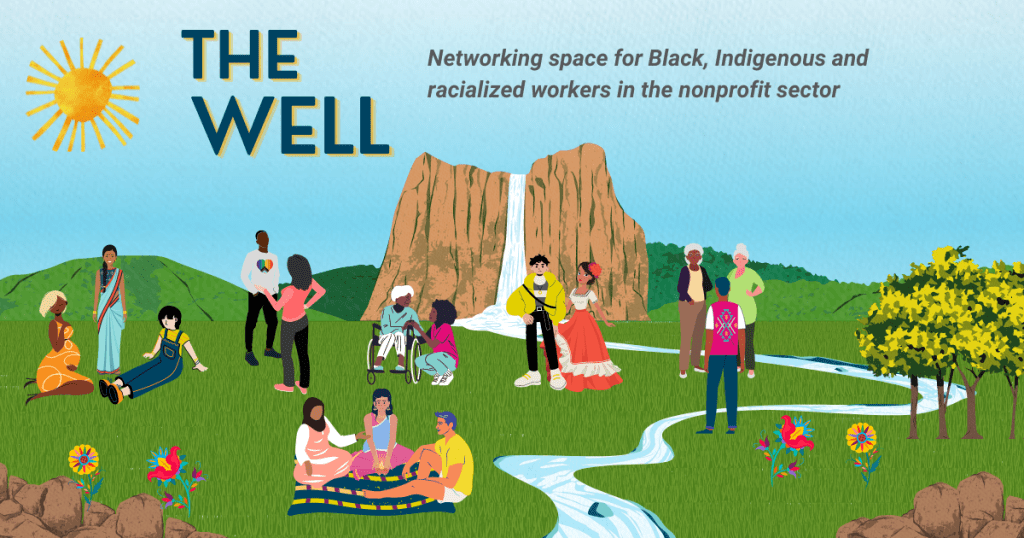
The Story of the Well
The Well was born out of ONN’s annual conference, where for the last two years, Black, Indigenous and racialized workers came together to network, relationship build, share information and connect about the issues that were impacting their work. Now we are piloting an ongoing space for Black, Indigenous and racialized workers to connect.
Why ‘The Well’? The name for this space is inspired by water. Wells used to be necessary for our survival, and we can think of this space as a metaphoric well helping us sustain our well-being. The Well gatherings aim to act as a resource not only for wellness but also for community building.
Access to psychological safety is a core aspect of decent work. The Well is intended to be a space where participants can not only network, but also learn about centering practices of wellness as part of accessing decent work. We recognize there are many solutions to help create psychological safety in the workplace, and we see this avenue as one piece of the puzzle.
At ONN we strive to support our network in convening in ways that would not be possible otherwise, and see The Well as a space for folks to gather across different sub sectors, and geographical locations in Ontario. We hope that this space will offer the opportunity to build relationships as part of systems of transformation for a more resilient nonprofit sector.
Resources about Decent Work, Racial Justice and Indigenous Sovereignty
Decent Work related blogs
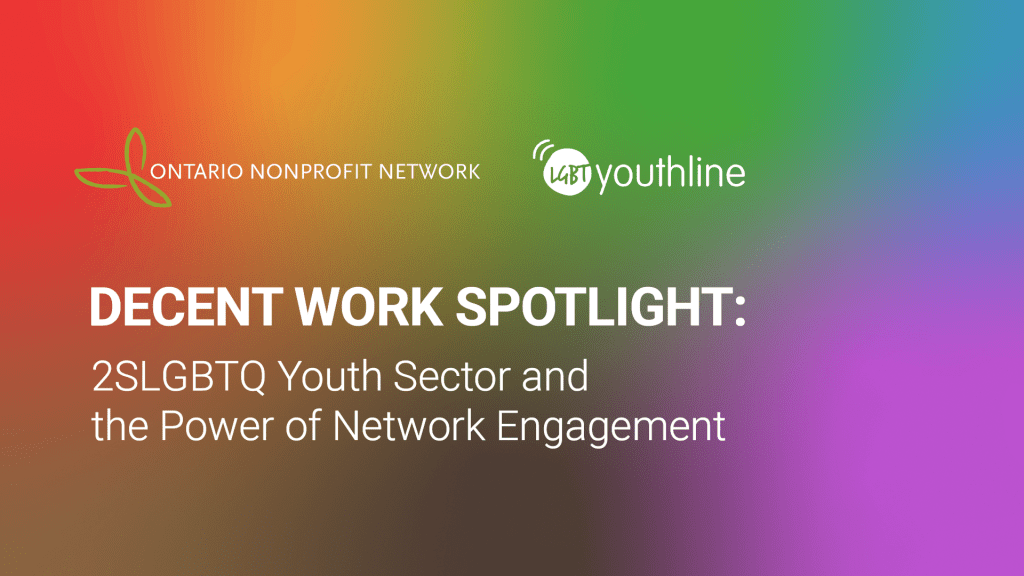
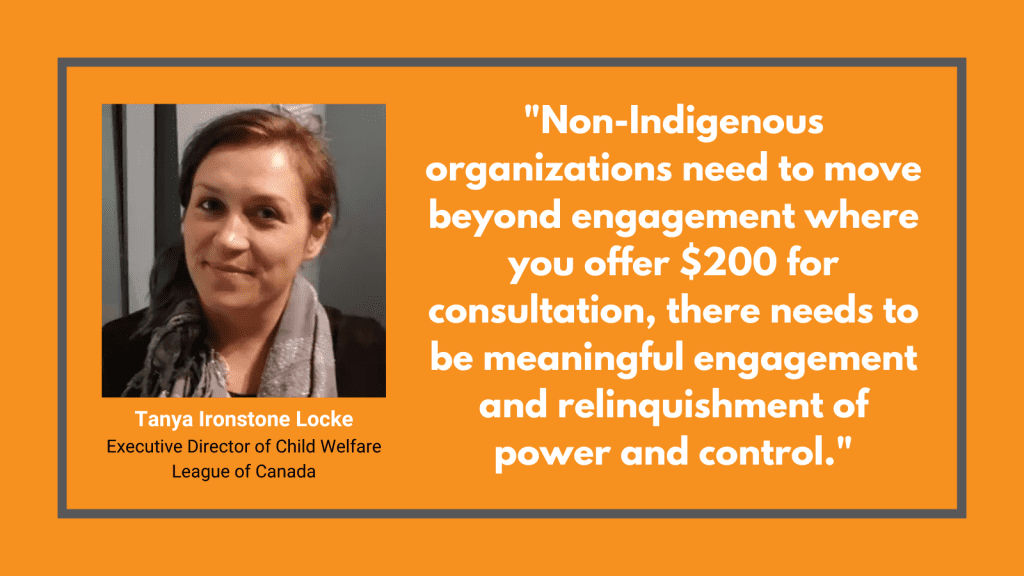

Additional resources can be found in our Resource Centre.
Project partners and supporters
- The Partnership Table: Ontario Federation of Indigenous Friendship Circles, Toronto Neighborhood Centres and CEE Centre for Young Black Professionals.
- The Advisory Council: Black Femme Legal, Family Service Ontario, Thinking Rock Community Arts, LGBT Youth Line, The Enchante Network, Shauna Kechego-Nichols and Ontario Soccer.
- Taylor Newberry Consulting (TNC) will walk with ONN through a developmental evaluation, providing circular feedback as co-creation from the Advisory Council and Partnership Table leads to concrete outcomes.
Decent Work project funder
